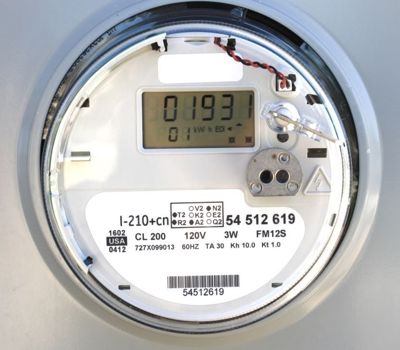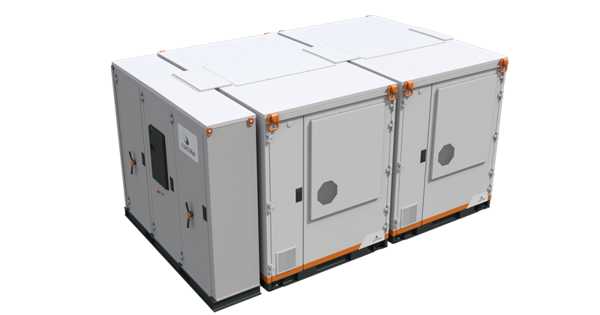Technology is smarter than ever and a new monitor could cut the cost of your energy bills. A smart meter is an electronic device that records information such as consumption of electric energy, voltage levels, current, and power factor. It measures how much gas and electricity you’re using, as well as what it’s costing you and display this on a handy in-home display. If you want to save money on your energy bills, a smart meter can help you monitor and reduce your usage. Smart meters communicate the information to the consumer for greater clarity of consumption behavior, and electricity suppliers for system monitoring and customer billing. It can also give you access to cheaper energy tariffs. Smart meters typically record energy near real-time, and report regularly, short intervals throughout the day. The cost of installing smart meters nationwide may increase energy prices, but you remove the cost of meter readings and also get access to cheaper tariffs.
Smart Meter tells you how much gas and electricity you have used, and sends readings to your energy supplier each month if you pay by direct debit.
Advantages:
- Accurate bills
- Easy to track your energy usage
- You could save with variable tariffs
- Power cuts resolved faster.

Smart meters enable two-way communication between the meter and the central system. It is a device that measures how much gas and electricity you use and how much it costs. Such an advanced metering infrastructure (AMI) differs from automatic meter reading (AMR) in that it enables two-way communication between the meter and the supplier. Communications from the meter to the network may be wireless, or via fixed wired connections such as power line carrier (PLC). It tells you how much gas and electricity you have used, and sends readings to your energy supplier each month if you pay by direct debit. They automatically send your meter readings to us, so you’ll get more accurate bills without having to lift a finger.
They are designed to replace current gas and electricity meters which use out of date technology and have to be read manually. Wireless communication options in common use include cellular communications, Wi-Fi (readily available), wireless ad hoc networks over Wi-Fi, wireless mesh networks, low power long-range wireless (LoRa), ZigBee (low power, low data rate wireless), and Wi-SUN (Smart Utility Networks). The smart meter shows a digital meter reading and uses a secure smart data network to automatically and wirelessly send the readings to your energy supplier at least once a month, so you will receive accurate, not estimated bills. They help by making you more aware of the energy you’re using around your home. Get Smart and you could start saving.
















